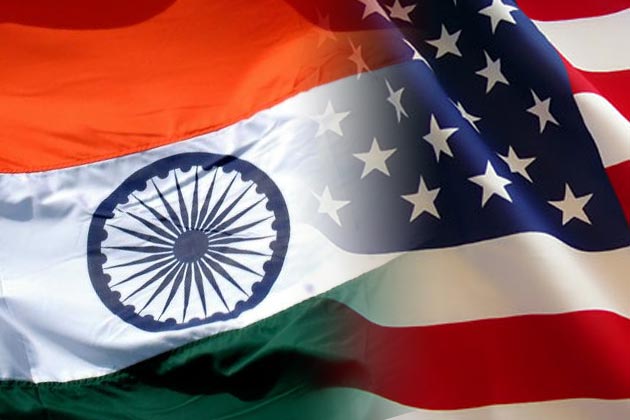
by Keena Desai
Where are you from?”
That is one of the most common questions I get asked when meeting someone for the first time at American University, in Washington D.C.
“California,” is my natural response, ignorant of the fact that they are actually asking me whether or not I am Indian.
I was born in the Bay Area, and I have always seen myself as Californian. The environment I grew up in was so diverse that I never felt like I did not fit in. It was not until I moved to D.C. last year that I realized how different I actually was.
I am a South Asian American, who identifies with both parts of my heritage, and I consider myself bicultural. That belief has a lot to do with the way my parents raised me. Much of my family originates from the Indian state of Gujarat, and they hold the same cultural values as most South Asians. My mom was raised in New Jersey while my dad grew up in India. The differences in their upbringing are reflected in their perspectives on life, as well as in the way they raised me. My mom always encouraged me to value the American ideals of freedom and equality, while my dad stressed the importance of staying in touch with my ethnic roots. My mother made sure that English was the first language I picked up, but my father exposed me to his first language, Gujarati. Later on in life, I was able to pick up Hindi through Bollywood movies and music. I spent early years of my life in enculturation, absorbing both the Indian and the American ways of life.
When it comes to my cultural identity, my beliefs fit the iceberg model. My external culture, the tip of my iceberg, is predominantly American. That heritage is displayed through the clothes I wear and the fact that I predominantly speak English, but I often immerse myself in my Indian culture, the rest of my iceberg. I indulge in Indian food at least twice a week, and I love watching Bollywood movies and attending desi events. However, the values my parents passed down to me represent a mix of Indian and American beliefs. They taught me to revere and care for my elders. Out of respect, I never refer to an elder by their first name, even though this is a common practice in America.
There are still some traditional Indian beliefs that my family has chosen not to follow, adopting Western values instead. My parents always rejected the notion of the Indian caste system because it implies that certain people are better than others based on a title their ancestors had. My parents taught me that everyone is equal regardless of caste, gender or sexual orientation, an ideal that fits in well with American values.
My Indian culture also influenced the way I think about social structure. My father always emphasized the importance of family. I grew up close to my first, second and even third cousins. We have been raised to care for each other and maintain close ties no matter what. This is a different approach than American culture which tends to be more individualistic. On the other hand, growing up in the United States has taught me the value of being independent.
Growing up in the diverse Bay Area, most of my friends and neighbors shared an attitude of tolerance. My surroundings taught me to be open-minded and respectful of other cultures, and I received the same treatment. My experience changed completely when I moved to D.C., and got a taste of culture shock.
When I entered American University, I was the minority. It was nowhere near as diverse as my hometown, and I felt out of place and homesick. After a few months, I realized that moving cities did not mean my views on tolerance and diversity should change as well. I learned to embrace my culture despite my newfound status as a minority.
I have never felt like my American and Indian identities were competing with each other. In fact, they equipped me with tools for any situation. I have noticed that I act more traditional when I am around my Indian elders, family or people of the same ethnicity. I act more liberal and American when I am with my peers. I have accepted that switching between these roles is a drawback of being bicultural. I do not know if I will ever be fully accepted as a member of the Indian community or as an American, but I am proud to identify with the rich heritage of both cultures.
 Keena Desai is a sophomore at American University in Washington D.C. majoring in International Affairs. She is a Bay Area native who enjoys movies, music, travel and friends.
Keena Desai is a sophomore at American University in Washington D.C. majoring in International Affairs. She is a Bay Area native who enjoys movies, music, travel and friends.




